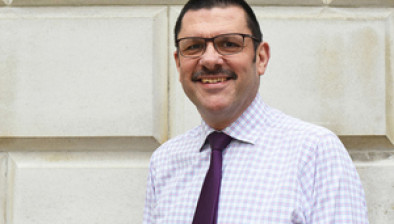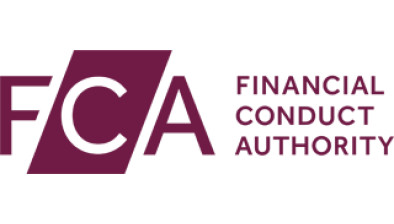Glasgow sheriff refuses three challenges to Accountant in Bankruptcy decisions

A Glasgow sheriff has refused three appeals under the Bankruptcy (Scotland) Act 2016 challenging a series of decisions made by the Accountant in Bankruptcy for a man sequestrated in 2018 considering debts said to total over £200,000.
It had been determined by the AiB that there was insufficient evidence from which to determine that sums claimed to be due by Nahid Ali to the appellants were still outstanding. Each of the appellants argued that the AiB was not entitled to reach the decisions that they did.
The appeals were considered jointly by Sheriff Alayne Swanson. Docherty, solicitor, appeared for the appellants and Lloyd, solicitor, for the AiB.
Following the preparation of an adjudication schedule for claims submitted by Mr Ali’s creditors, an application for review of the trustee’s decision was lodged on basis that claims by creditors had been allowed where they were not genuine and had been made by family and friends of the debtor.
The AiB revoked the trustee’s decisions on 30 November 2020, having been satisfied that, while loans had been made to the debtor by the appellants, there was insufficient evidence from which to determine the amount still due and that the total sum remained unpaid.
The first appellant, Shaheena Akhter, claimed to have loaned £55,000 to the debtor, while second group of appellants, Khalid Masood and KM Investments Corp, claimed to have loaned £110,000 between them to the debtor. The third appeal came from Javed Ali and Dr Kishwar Sultana, who claimed to have loaned £50,000 to the debtor, with it also being considered by the AiB that they had an unfair preference over other creditors.
It was submitted in respect of the appeals that the AiB was not entitled to decide that there was insufficient evidence of an outstanding loan as that had not been a ground of appeal relied upon by the objectors to the trustee’s decision. Further, the matters relied on by the AiB were matters of fact, and it was not entitled to revoke the trustee’s decisions unless it concluded that their decision on these matters had been fundamentally flawed.
Counsel for the AiB submitted that concerns about the documentation provided by the appellants did not invert the burden of proof. The AiB was entitled to take into account that no steps had been taken to pursue or confirm the debt. No error had been made in the treatment of the joint claims or in the conclusion that the appellants could submit a further claim.
In her decision, Sheriff Swanson said of the AiB’s handling of the objections: “There was no error made in accepting the objectors’ applications for review. The AiB is not limited to considering only any representation suggested by the objector or the creditor. Having identified a misunderstanding of the material facts in relation to the debts the AiB was entitled to consider all admissible and relevant evidence concerning the claim whether presented to the Trustee or not.”
Addressing their treatment of the facts, she continued: “The commentary about why the evidence about the debts was insufficient and what the AiB might have expected to see is not an integral part of the decision. The AiB’s commentary does not represent an error in law. The AiB’s comments about submitting a further claim are not an integral part of the decision either. They do not form part of the reasoning and are simply a suggestion as to how matters might progress.”
Noting that the trustee had erred in their treatment of joint debts, the sheriff said: “The Trustee’s position on dividend was not ignored; it was considered but, because it was part of the error, rightly rejected by the AiB. The decision was so plainly wrong that the Trustee’s discretion was exercised wrongly.”
She concluded: “I find that the AiB did exercise discretion properly. The AiB did not misunderstand or misuse evidence. The matters taken into account were relevant; no relevant factors were ignored and no erroneous assumptions in relation to the law or the facts were made.”
All three appeals were therefore refused.










